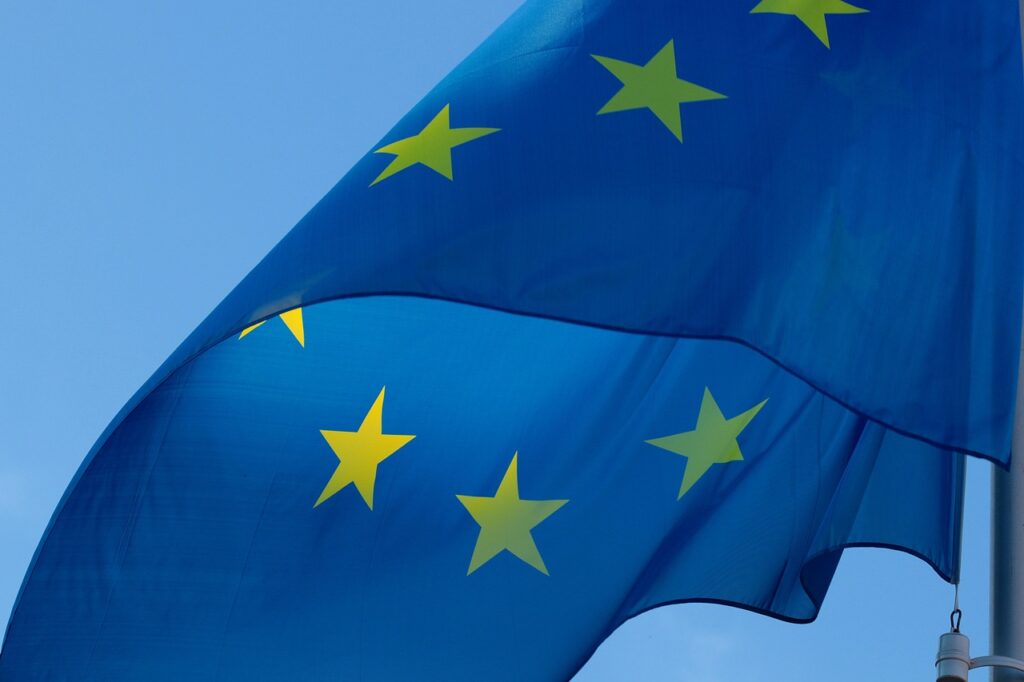- Laura Avogaro, FRESCI
- 7 minutes
Big Data is beginning to transform the healthcare sector in Europe, but it requires collaboration, data translation and training, to be handled effectively.
It offers pathways and solutions to enhance the health of individuals and optimizes the performance and outcomes of healthcare systems.
The implementation of precision medicine hinges on substantial data acquisition and prompt analysis to ascertain the most suitable basis for customising health optimization for individual prevention, diagnosis and disease treatment.
Collaboration and Data Translation
For future healthcare systems to function effectively, governance of health-related data must be effective and proportionate. To achieve this, stakeholders must collaborate and adapt the design and performance of their systems. This will enable the EU to realize the full innovative potential of information and innovation technology in health.
EU Member States should reach a consensus on international technical standards, while also taking into account the need for openness as the fundamental paradigm for digital transformation.
In addition, we will need new approaches for translating the vast amount of data into meaningful information that healthcare professionals can use. It is imperative that further efforts be made to ensure that information for doctors and health professionals becomes more accessible.

Navigating Ethical and Legal Challenges in Big Data for Healthcare
Using Big Data in healthcare brings new ethical and legal challenges due to the personal nature of the information involved. There is a risk of compromising privacy and personal autonomy, and public demand for transparency, trust and fairness when using big data (1). Key technical and infrastructural issues include data heterogeneity, data protection, analytical processes and lack of appropriate infrastructure for data storage.
The EU Data Protection Regulation (GDPR) aims to strike a balance between the protection of patient privacy and the sharing of personal health data for both clinical research and patient care. The Consultative Committee of the Council of Europe’s data protection convention adopted “’Guidelines on the protection of individuals regarding the processing of personal data in a world of Big Data” (2), the first document on privacy and Big Data to provide suggested measures for preventing any possible negative effects of the use of Big Data on human rights and freedoms.

It is therefore imperative for governments using Big Data in the health sector to implement affirmative policies that safeguard the confidentiality, privacy and security of individuals’ health data.
At the same time, governments must ensure that advancements in science can be leveraged for the benefit of the community through the open use of data.
Training in Health Data Handling
To achieve this objective, existing training and education programmes for healthcare professionals must incorporate the issues of data handling into their curricula, ensuring the development of the necessary skills and competencies.
This was one of the key objectives of the “European Network Staff eXchange for Integrating Precision Health in the Health Care Systems” (ExACT) project (3): to integrate precision health in European health systems by training a new generation of healthcare professionals across and outside of the EU.
Growing Need for Big Data Approaches
We are experiencing rapid change, particularly in the field of healthcare innovation. Science and technology offer a host of potentially invaluable new tools to meet pressing needs for more personalised and sustainable health services.
A cooperative approach at EU level is essential to facilitate investments in new technology and human capital. This will ensure that citizens are guided into this new frontier of human health and well-being.
Data is becoming a significant corporate asset, a vital economic input and the foundation of new business models.

References
- Ienca M, Ferretti A, Hurst S, et al. Considerations for ethics review of big data health research: a scoping review. PLoS One 2018;13:e0204937.
- Guidelines on the protection of individuals with regard to the processing of personal data in a world of Big Data Consultative Committee of the Convention for the Protection of Individuals with Regard to Automatic Processing of Personal Data (T-PD) Guidelines 1 on the Protection of Individuals with Regard to the Processing of Personal Data in a World of Big Data 2 Directorate General of Human Rights and Rule of Law. www.coe.int/dataprotection
- Boccia S, Pastorino R, Mariani M, Ricciardi W. The European network staff eXchange for integrAting precision health in the health Care sysTems (ExACT): a Marie Curie Research and Innovation Staff Exchange (RISE) project. Epidemiol Biostat Public Heal 2019;16. doi: 10.2427/13122.
